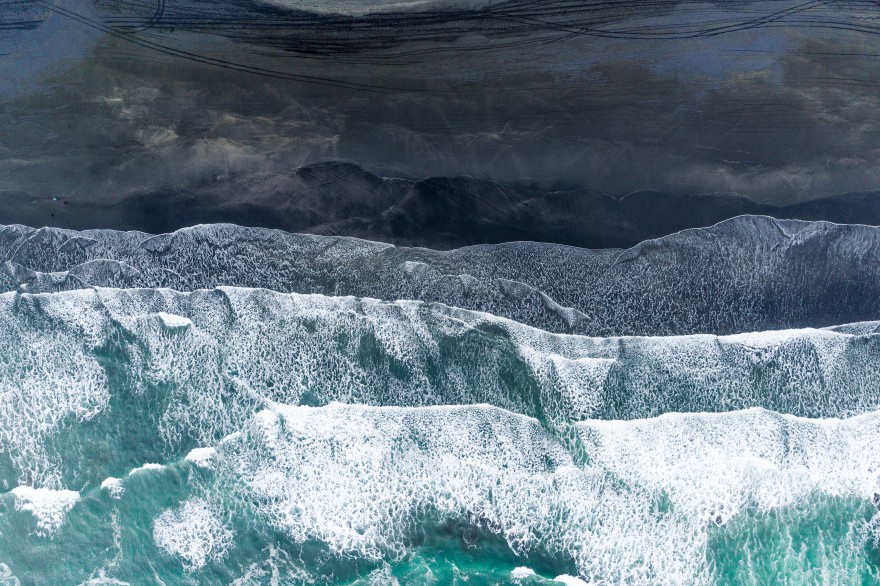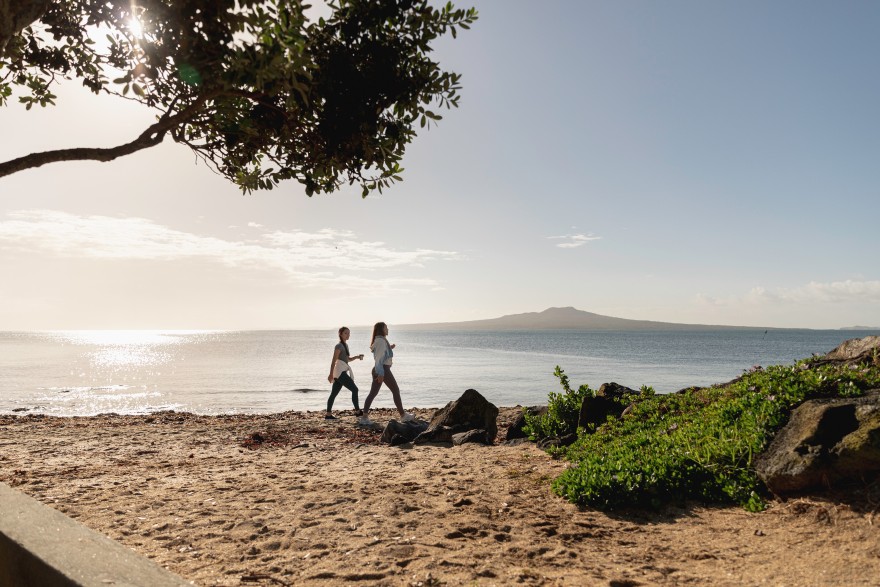Māori businesses could face additional climate-related challenges and opportunities compared to those identified through the Economic Climate Change Risk Assessment (ECCRA) carried out for the region due to multi-sector climate change impacts, financial factors and te ao Māori value-centric operational approaches. These additional challenges are further amplified if the impacts are unavoidably passed on to employees and communities, through loss of business, jobs, or assets.
Prepared by Whetū Consultancy Group for Tātaki Auckland Unlimited in 2021, in conjunction with the AECOM Tāmaki Makaurau Economic Climate Change Risk Assessment (ECCRA), a report was carried out on how climate-related risks and opportunities may differ in the context of Māori businesses across four key sectors: food and beverage, construction, screen, and visitor economy.
These sectors were the focus of an in-depth risk assessment for the ECCRA, which was then assessed against Te Ora ō Tāmaki Makaurau Wellbeing Framework.
This study will be informing future programmes for Climate Connect Aotearoa to address climate risks.
When assessing physical climate change risks against ngā mahi a te ora, many key cross-sector impacts were identified. If each well-being activity is impeded by climate change this would result in negative impacts on both the business and the wider community.
| Manaakitanga |
Impeded due to physical impacts on road networks and/or water & food security |
|
Kaitiakitanga / tiakitanga |
|
| Whanaungatanga |
Impeded due to disruption of ICT systems and road networks |
| Rangatiratanga |
Impeded due to large-scale physical climate change risks such as extreme weather events and related emergencies |
| Mātauranga |
Impeded due to damaged road networks |
| Ōritetanga & Tōnuitanga |
Due to differences in operating practices and access to networks and capital |
Te Ora ō Tāmaki Makaurau is a regionally specific framework, developed with the Mana Whenua Kaitiaki Forum (now Tāmaki Makaurau Mana Whenua Forum), in response to Te Tāruke-ā-Tāwhiri: Auckland’s Climate Plan.
This framework is underpinned by seven key values and principles that can also be categorised as ngā mahi a te ora (wellbeing activities).
These are:
- Manaakitanga (the process and responsibility of care)
- Kaitiakitanga (the responsibility to protect te taiao)
- Whanaungatanga (reciprocal relationships and community)
- Rangatiratanga (the right to exercise power and self-determination)
- Mātauranga (knowledge, wisdom and expertise)
- Ōritetanga (equity)
- Tōnuitanga (prosperity)
Māori Business Opportunities – By Sector
“How do we express our manaakitanga when your opportunity to do that is being compromised?” (Interviewee)
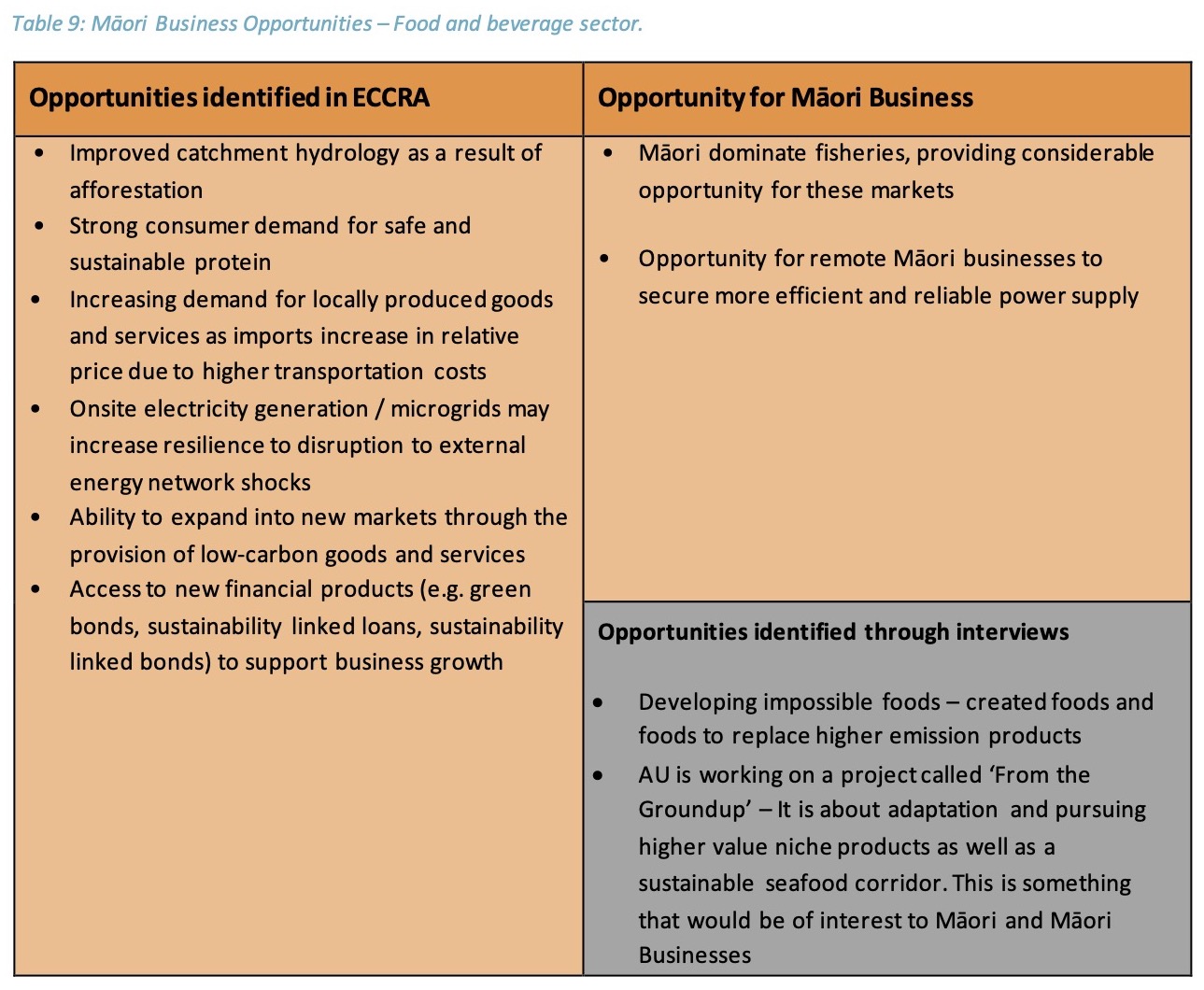
Construction
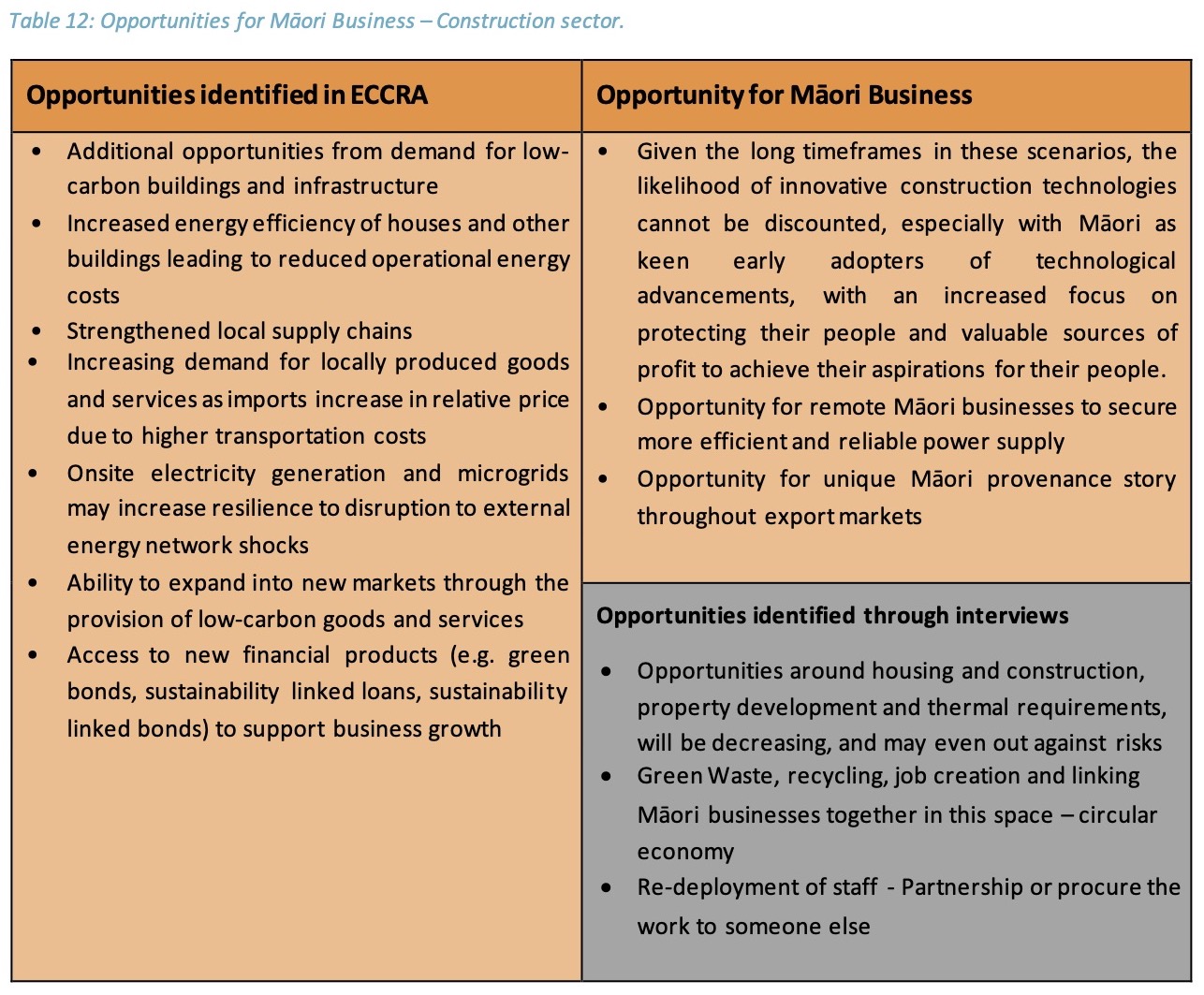
Screen
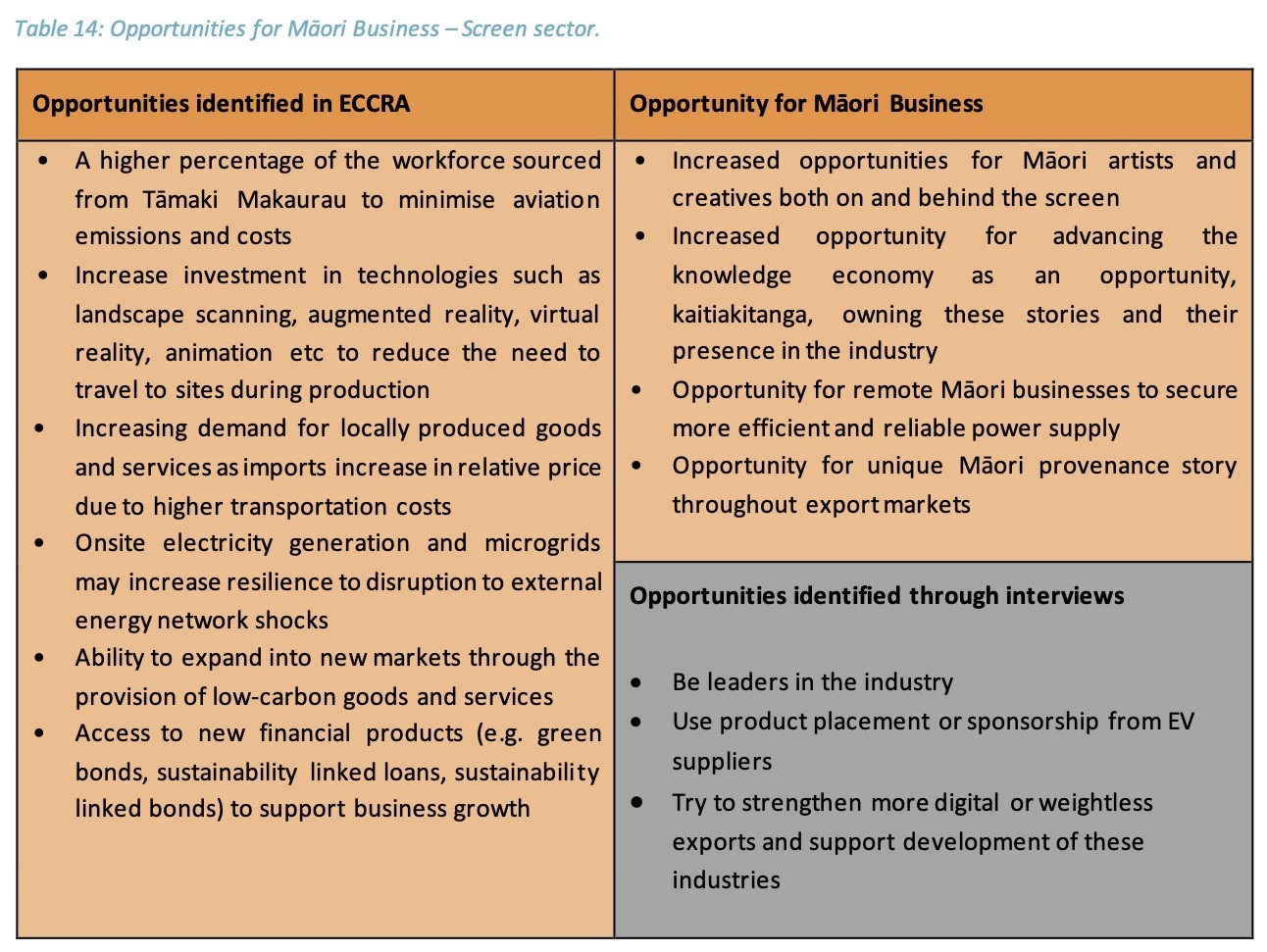
Visitor Economy
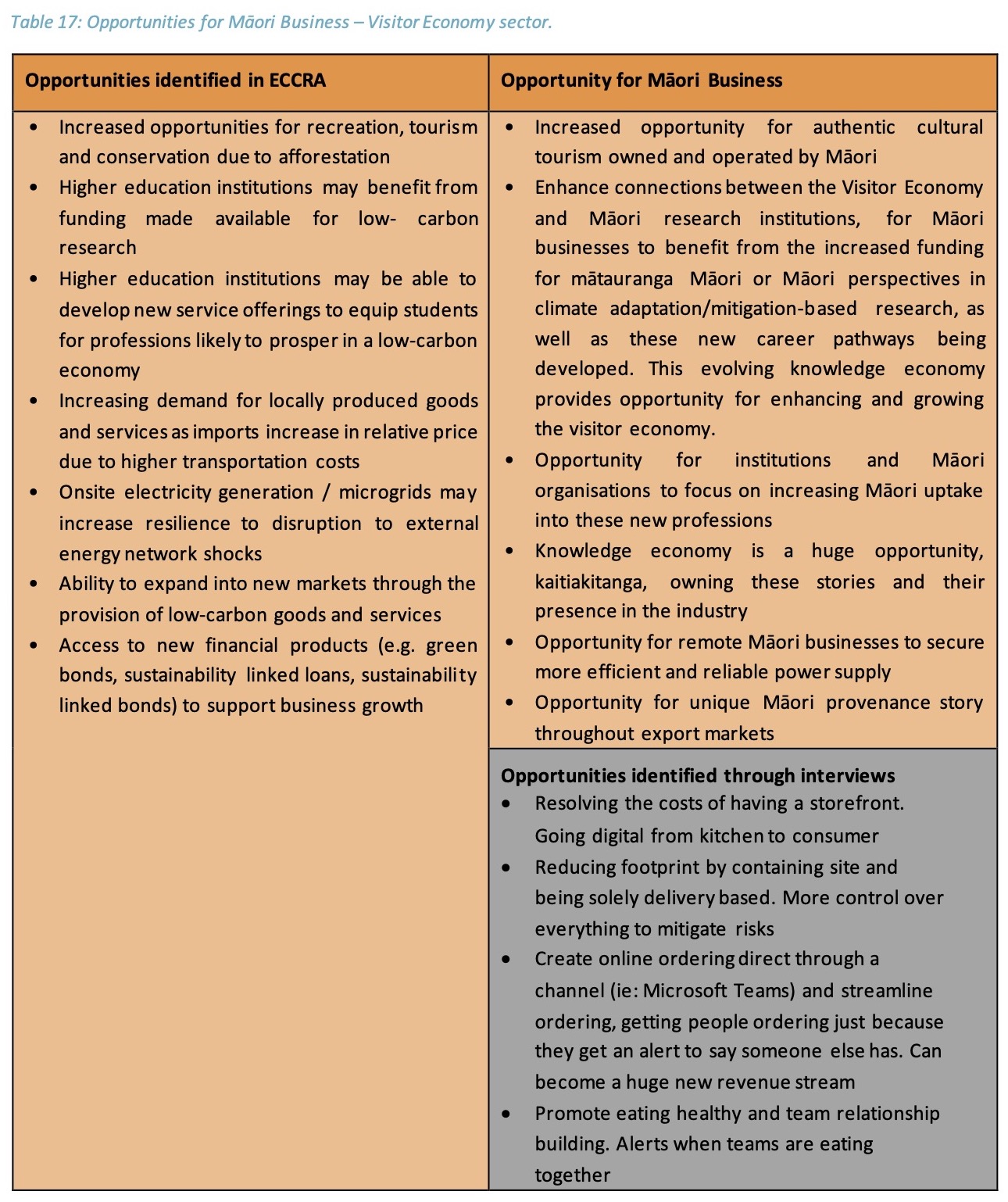
All images and quotations have been sourced from: Whetū Consultancy Group. (2021). Climate Change in Tāmaki Makaurau: Understanding how risks and opportunities may be different for Māori Businesses (Summary of Analysis for Auckland Unlimited to support the Tāmaki Makaurau Economic Climate Change Risk Assessment).
For more information see: here.
